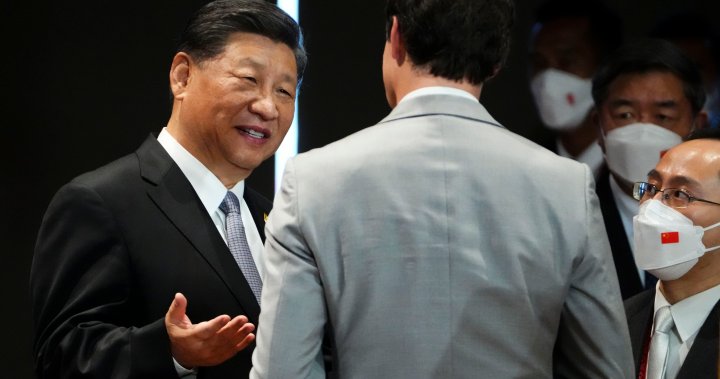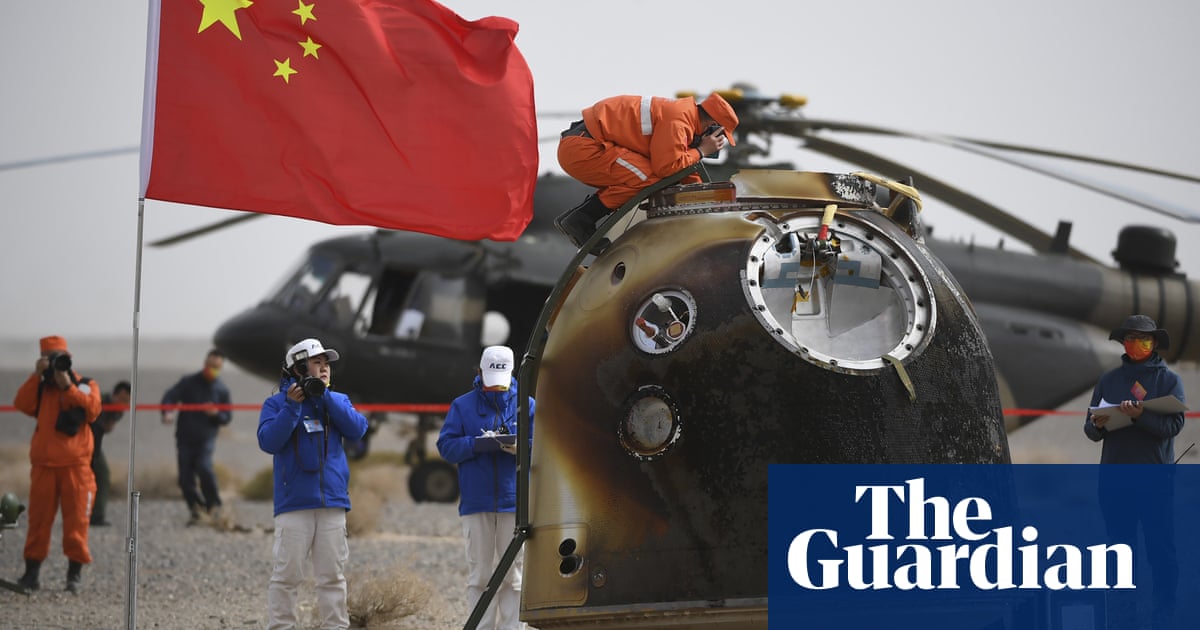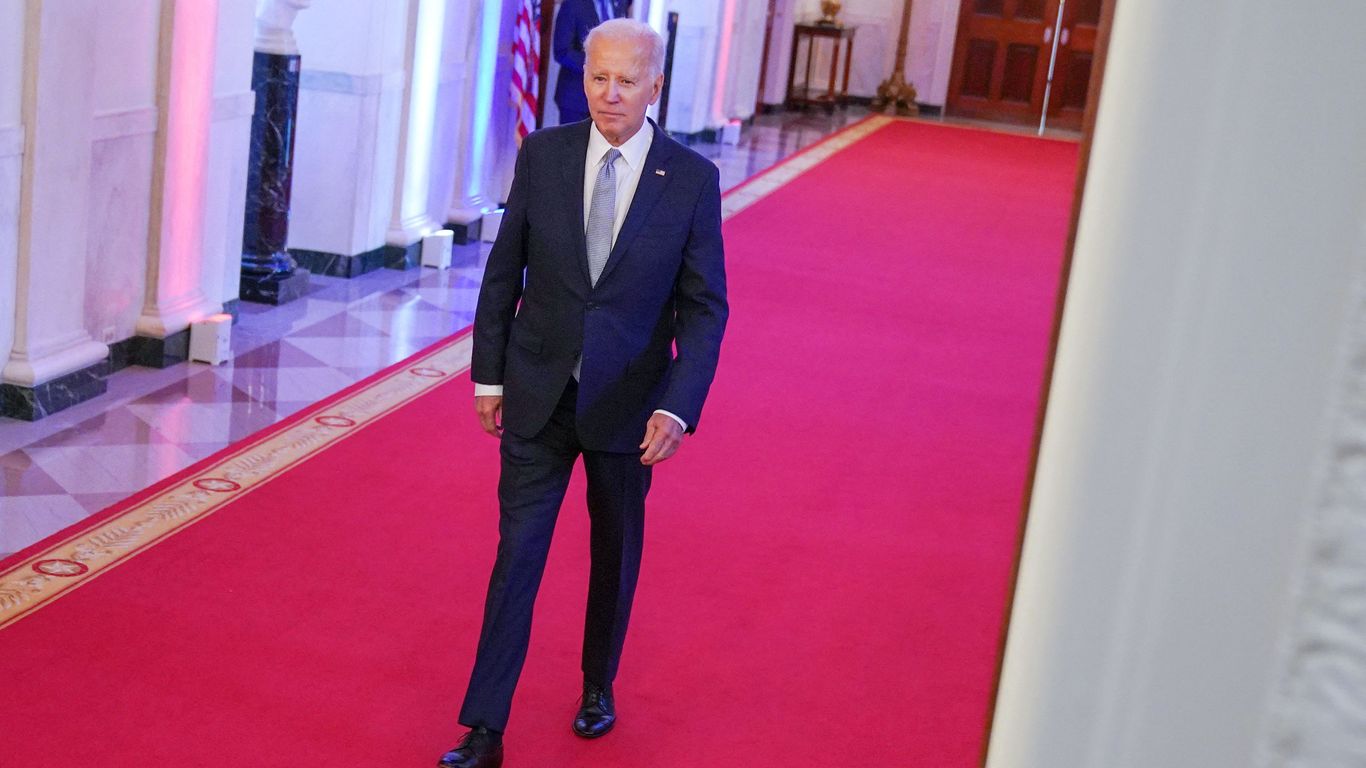Opinion Japan’s prime minister warns of a historic — and dangerous —moment in Asia
Members of Japan's Self-Defense Forces and soldiers of the British army take part in a joint field exercise on Nov. 26, 2022, in Shinto Village, Japan. (Tomohiro Ohsumi/Getty Images)
TOKYO — As fears of war grow in East Asia, the United States’ chief Pacific ally, Japan, is moving away from decades of self-imposed restraint and launching its largest military buildup since World War II. As regional tensions increase, Japan’s Prime Minister Fumio Kishida is urging the United States to grasp the urgency and gravity of this historic but dangerous moment.
Sign up for a weekly roundup of thought-provoking ideas and debates
“The global security environment is going through a major change,” Kishida told me in a long interview in his official residence just before departing for a five-country tour that will end with him meeting President Biden at the White House on Friday. “Japan has made a major, huge decision to strengthen our defensive capability. And for that purpose, we also wish to deepen the bilateral cooperation with the United States even further.”
Emerging from three years of covid isolation, Japan confronts a neighborhood where China and North Korea are expanding their military arsenals and advancing their missile capabilities, the prime minister told me. Adm. John C. Aquilino, the head of U.S. Indo-Pacific Command, has described Beijing’s expanding armament as “the largest military buildup in history.” North Korea fired more than 90 cruise and ballistic missiles in 2022, often sending Japanese citizens scrambling for cover.
In December, Kishida’s government completed the rewriting of three core documents that make up Japan’s national security strategy. For the first time since 1976, Japan will no longer limit its defense spending to 1 percent of gross domestic product. Under the accompanying five-year defense budget plan, Japan is now set to nearly double its defense outlay to 2 percent of GDP by 2027. This would make Japan’s military budget the world’s third largest, behind only the United States and China.
Follow Josh Rogin's opinionsFollow
The objective is to raise deterrence against China and North Korea, in the hopes of stopping leaders in Beijing and Pyongyang from contemplating the use of violent aggression of the kind Russian President Vladimir Putin has unleashed in Ukraine.
“This was a major a decision that we had to make,” Kishida said. “We have had to question whether we will be able to defend the lives, the livelihood and the industry of the Japanese people and the country.”
Japan had previously pursued a conciliatory policy toward Russia, hoping to resolve long-lingering territorial disputes. Yet after Moscow’s Feb. 24 invasion of Ukraine, Kishida has completely reversed that approach; Japan is now the Asian country most supportive of Ukraine. Russia’s unprovoked attack and nuclear threats should send a warning to those facing the growing aggressiveness of dictatorships in Asia, the prime minister told me.
“Ukraine today may be Asia tomorrow,” Kishida said. “Unilateral attempts to change the status quo by force are not acceptable.”
Although it is not explicitly stated in the strategy documents, Tokyo’s primary concern is a possible attack by China on Taiwan. Japan’s military reorganization shifts resources toward Japan’s southwest islands, near Taiwan. The Japanese military reform is focused not on buying lots of ships or planes, but rather on getting Japan’s already large Self-Defense Forces (Tokyo’s name for its armed forces) ready to fight in a Taiwan-related scenario.
Kishida emphasized the importance he places on peace and stability across the Taiwan directly to Chinese President Xi Jinping in their November meeting in Bangkok. In his meeting with me, Kishida said that “the peace and stability of Taiwan are also extremely important for the global community.”
U.S. Ambassador Rahm Emanuel told me that the Biden administration is helping Japan modernize and integrate with the U.S. military, boosting cooperation on the coast guard, cyberwarfare, space and undersea security. Washington and Tokyo are also pursuing more sophisticated coordination on economic security, in part by moving supply chains and onshoring critical manufacturing to ensure China can’t use its economic power to pressure democracies. Many in the region vividly recall how Beijing used its monopoly on critical public health supplies to blackmail other countries during the pandemic.
“Covid, coercion and conflict have all made everybody reassess their assumptions,” Emanuel said.
Japan is attempting to build up its diplomatic role along with that of its military. Kishida is hosting the Group of Seven Summit in May in his hometown of Hiroshima, where many of his own family members died in the United States’ nuclear attack there in August 1945. He is visiting five of the G-7 capitals this week to prepare for the summit.
When Kishida and Biden meet in Washington on Friday, they will likely discuss the plan for Japan to become only the second U.S. ally (after the United Kingdom) to be sold Tomahawk cruise missiles, which will give Japan the ability to strike ground targets. Tokyo intentionally avoided acquiring this “counterstrike” or “standoff” capability for decades — but no more.
Speaking with Japanese officials and experts in Tokyo, I repeatedly heard a solemn acknowledgment that Japan is sacrificing some of the soft power that came from its identity as a country that voluntarily gave up the ability to wage offensive war. But most Japanese genuinely fear that if China, Russia and North Korea are not shown a serious response to their escalating antagonism, conflict will come to Asia.
“Unfortunately, it’s an arms race,” said Yoichi Funabashi, founder of the Asia Pacific Initiative, part of the International House of Japan, a Tokyo think tank. “But, if you cannot acquire sufficient deterrence, you will end up paying more in the long run when the deterrence fails.”
There is irony in that Kishida, the leader of the more dovish wing of Japan’s ruling Liberal Democratic Party, is in power at the moment Japan emerges from its pacifist postwar stance. In fact, his liberal bona fides likely account for the lack of significant domestic opposition to these plans, which were set in motion by hawkish former prime minister Shinzo Abe, who was assassinated last July.
“The reality is that the leader of a country cannot choose the era in which the person takes that leadership position,” Kishida told me.
Japan has concluded that preparing for conflict is the only way to maximize the chance to avoid it. As a neighbor of both Russia and China, it doesn’t have the luxury of choosing to focus only on Europe or Asia. From Tokyo’s perspective, the fates of the two sides of the globe are interconnected and inseparable.
The biggest open question in Tokyo is this: Can a worried Japan count on a distracted and divided United States to increase its focus on Asia while preoccupied with a war in Europe? The truth is that nobody knows. But Japan has now bet its future on the hope that the United States will rise to stand beside it.
“I would like to ask the American people to be more interested and to be engaged in the Indo-Pacific region,” the prime minister told me. “And I’m convinced by doing so, that would ensure the peace and prosperity of this region.”










